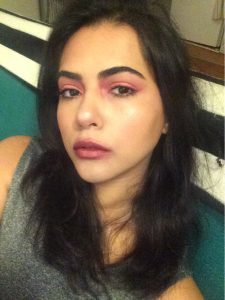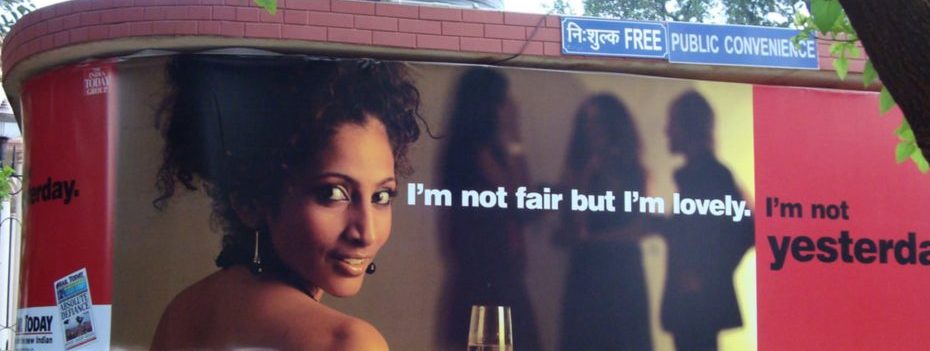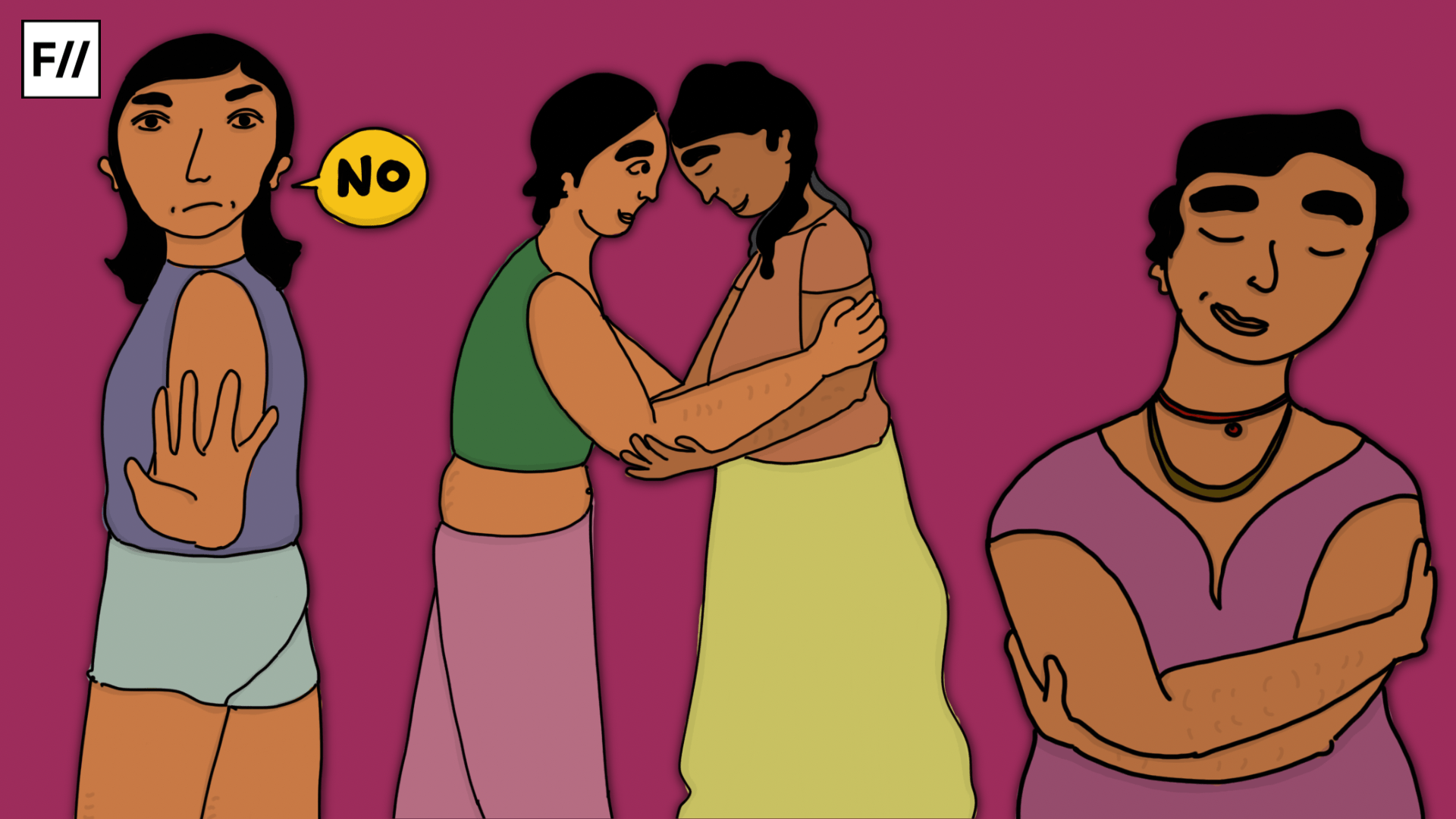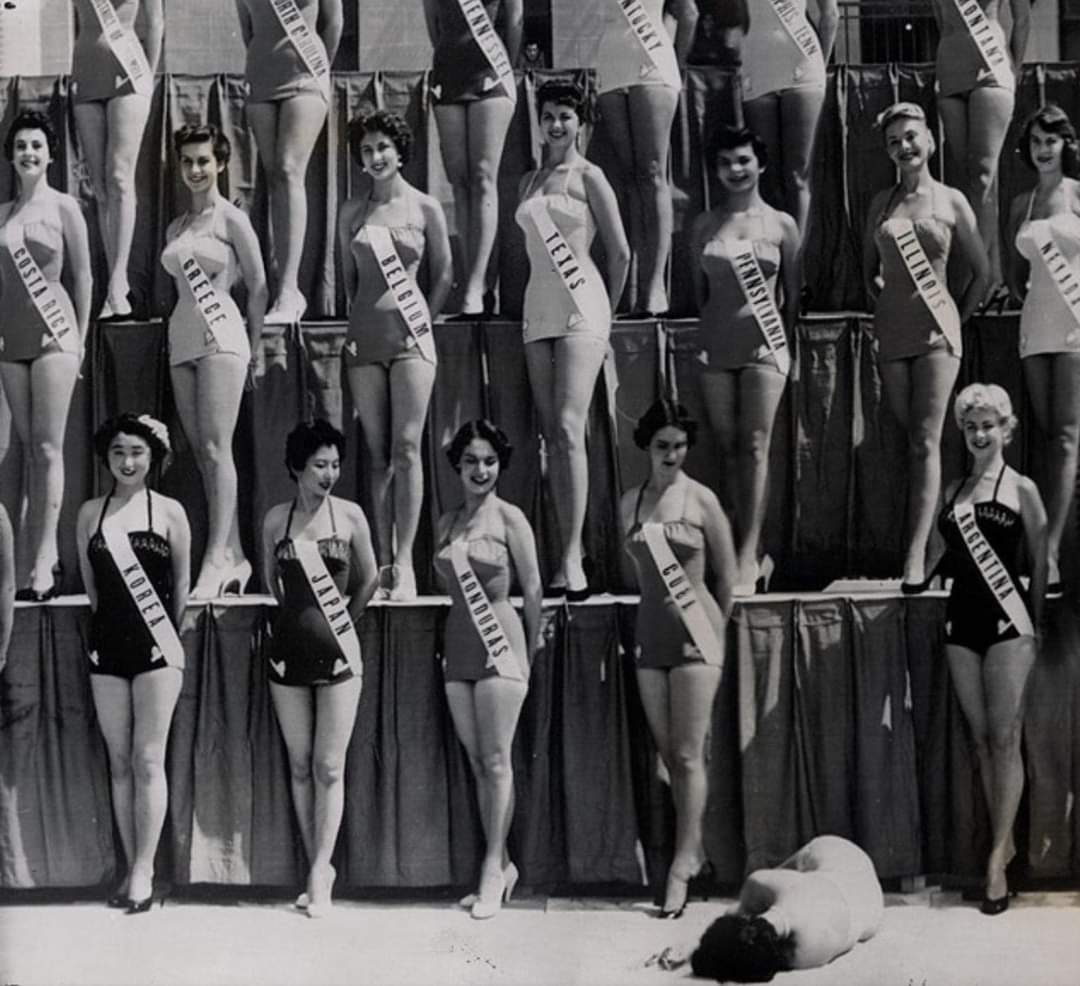Let’s talk.
So I’m scrolling through Facebook one evening when an ad for a new smartphone pops up on my newsfeed. This phone, which is all set to launch in India, has a camera that picks out individual facial features and ‘beautifies them separately’. Watching the video, I am unsure what exactly this means, but thankfully, the Indian presenter goes on to show a clip of a woman taking a selfie using the phone.
Lo and behold, two seconds later, the only discernible difference is that she is even whiter than before! Should I be surprised? No. Snapchat was accused of the same thing a while ago and I’m told other phones feature similar filters. What a godsend to all of us who go through life wishing we were lighter. I’m going out tomorrow and treating myself to a brand new Xiaomi Redmi Y2 and so should you.
Actually, you know what, scratch that. Don’t. Turns out I’m perfectly comfortable and downright proud of my dark skin. You should be too and don’t let anyone tell you otherwise.
Also read: Un-Fair And Not So Lovely: Capitalism And Colourism In India
India’s got problems, but one of the most self-destructive is the casual colourism that pervades every aspect of our cultural consciousness. I was at a family dinner when a (liberal, educated, well travelled) relative nonchalantly announced that her aunt has always liked her better because she’s fairer than her cousin. I’ve lost count of the number of times shop assistants at counters all across our country have had conniptions when I said I would rather buy foundation a shade darker in response to their “Your shade or one shade lighter?” query.
Turns out I’m perfectly comfortable and downright proud of my dark skin. You should be too and don’t let anyone tell you otherwise.
What’s craziest of all is that I’ve lived in Denmark for four years now and it is easier to find my shade of foundation in a country populated by the whitest people on earth than it is to find one in India, a country where, by western makeup standards, everyone is tan or dark but insists on buying shades of foundation with names like Ivory and Vestal Virgin and whatever else they’re calling lighter foundations these days. I mean, seriously, who did a market survey of India and decided we were all porcelain, for god’s sake? (I’m looking at you, Sephora and Colorbar)

If I can take a decent selfie wearing my summer shade (Maybelline’s Fit Me in 250 by the way) without the help of skin lightening tech, anyone can!
I was once getting shade matched at MAC in Bangalore when a woman next to me insisted quite aggressively that they go even lighter with her shade because she didn’t want to look tan, making it sound like an unsavoury skin disease. I’ve come across similar situations before and met women who treat their fairer complexions as some sort of proof of membership to an exclusive, snobby club.
Imagine the look on her face if I’d walked up to her and announced that her preferred shade is dark by global standards. She would take it as an insult, but it wouldn’t be. It would, instead, be a call to arms, a rallying cry, a plea for her to take pride in her brownness. I hope she’d welcome the comment and embrace her melanin. But, sadly, I suspect she’d walk up to the counter and immediately purchase a bottle of “Vanilla” instead.
To be clear. I wouldn’t blame her – or at least, not completely. I understand that it’s hard to ignore hundreds of years of conditioning behind India’s ‘the whiter the better’ mentality. And of course this is a systemic issue that is larger and more ingrained that I could ever explain here. I do blame the system like everyone rightly should.
look in that mirror, marvel at the bronze wonder staring back at you and make sure everyone sees her/him/them too.
But I also blame us. Why do we continue to buy into the narrative? Why are people in India buying fairness creams and anti-tanning treatments in 2018? Why am I walking into laser hair removal treatments (ouch) to have the technician compliment me on looking fairer? I don’t want that! I told her so and she looked at me in incomprehension. “Most girls love when I say that to them,” she replied. Well, I, for one, refuse to take it as a compliment, to be told I am better because I’ve lost some melanin. And I think it’s about time we start advocating for ourselves and brown people the world over. Loudly.
But the change has got to start at home. I get bored at parties (weird non sequitur, but I’m going somewhere with this, trust me) so I have to come up with ways to amuse myself. My favourite is to go up to women in the room (I haven’t tried this with men, but by all means) and compliment them like this: “Your skin is so tan and beautiful right now. I’m jealous! Have you been on holiday recently?” Then I wait for their reply. Most often, their eyes cloud over while they try to work out if I’ve just insulted them before thanking me uncertainly.
I’m hoping to do this to enough people enough times to flip the narrative, but I’m going to need your help. So the next time you genuinely want to compliment someone, say they’re looking bronzed and gorgeous while smiling the biggest smile you can. And for your own part, look in that mirror, marvel at the bronze wonder staring back at you and make sure everyone sees her/him/them too.
Also read: Somehow, My Dark Skin Determines My Entire Value As A Person
Hopefully, if we really put our mind to it, the estimated 735 million users of fairness creams in India will raid their drawers and throw that junk where it belongs – right in the trash can.
Featured Image Source: Claremont McKenna College





Says shes proud of her dark skin color, but drenches her face in makeup and skin shades to appear more “white”.
Tries to show herself off as a strong and independent women, but takes offense at the tiniest instances of percieved discrimination.
Youre a joke. And so are your feminist friends.
Fairness creams are not needed in Denmark because they are already fair, opposite is true in India. Dark or fair, a beautiful face is a beautiful face. But it is true, most Indians do think that fair is beautiful. The coloquial name for a girl in most of N.India is ‘Ghori’ which translates into white.